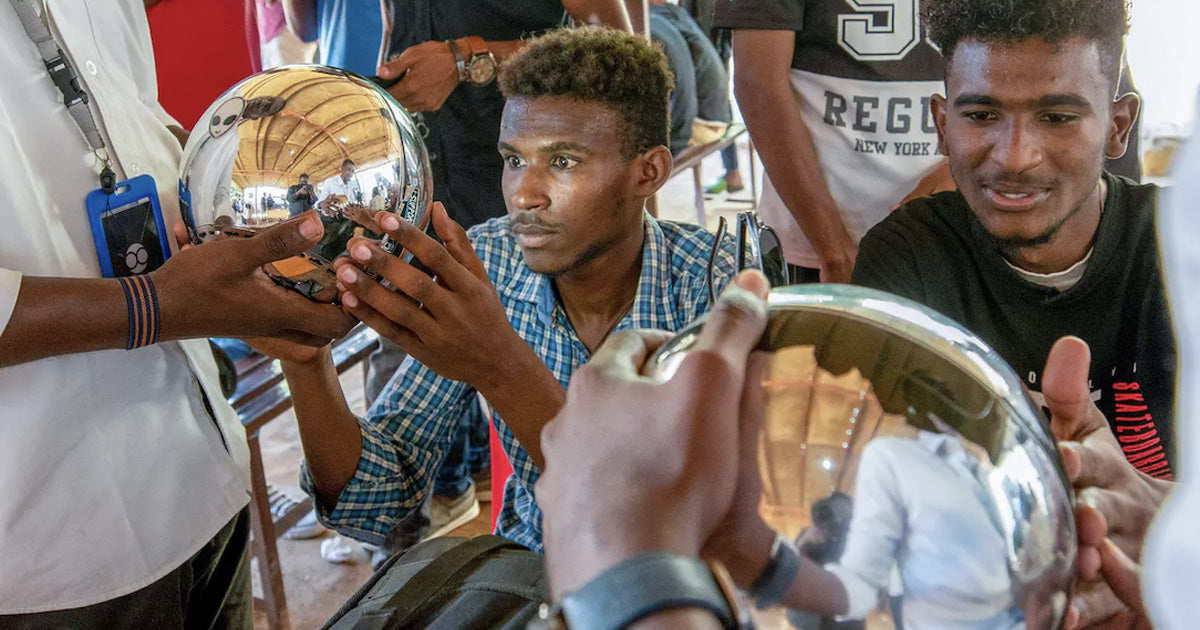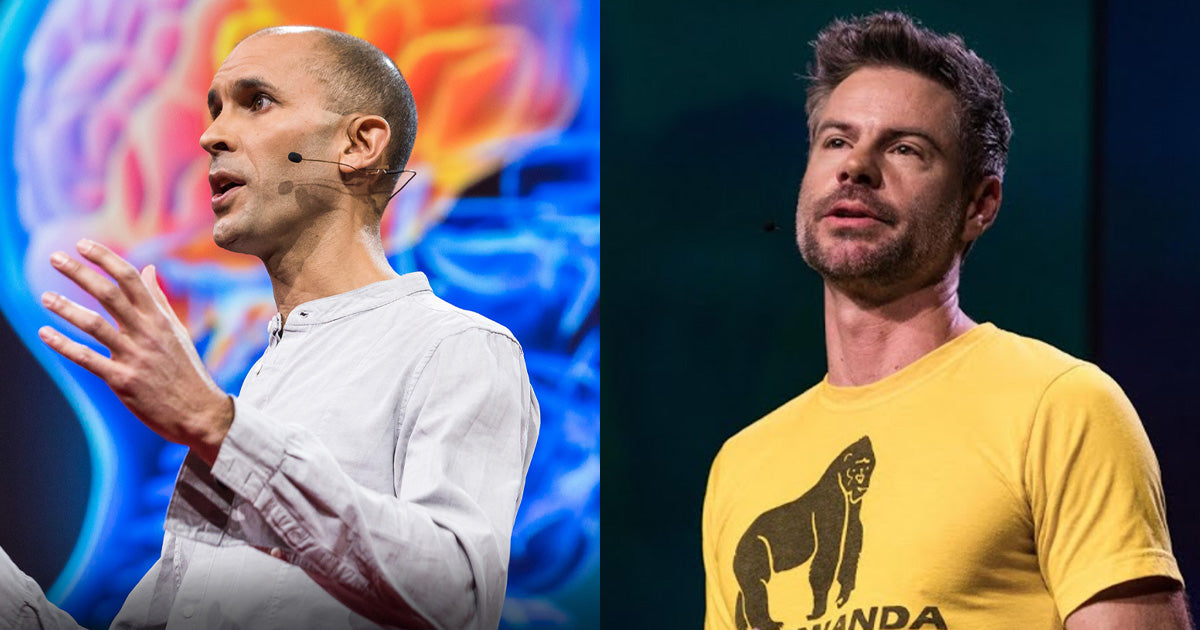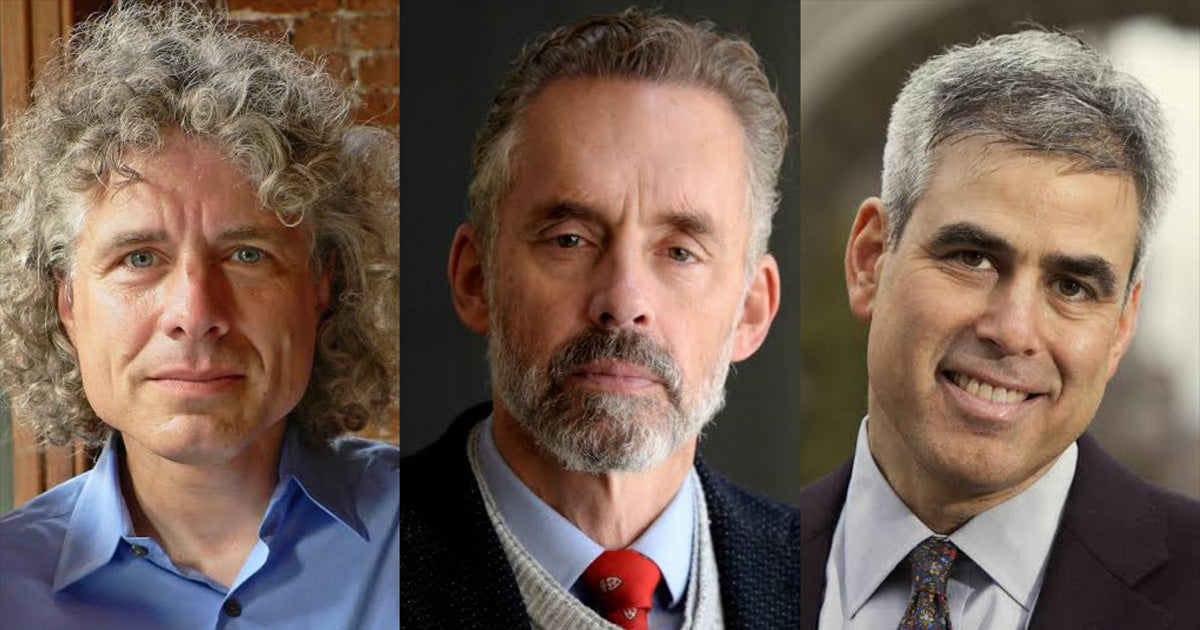Stay tuned for some hearty discussion on xenotransplantation (hopefully you get the pun – make sure you keep reading if you don't), the first exoplanet discovered outside our galaxy, and how a Sydney brewery is using algae to combat climate change.
On the topic of tech and culture, what does Facebook's name change signify? And WTF is a metaverse? Also, learn about a new cryptocurrency scanning people's irises with 'The Orb'
Next week we're kicking off another round of How To Be Stoic: Ancient Wisdom for a Happier Life – click here to sign up!
As always, let us know if you come across any interesting news – we love hearing from you.
Have a great week,
Suzi
XENOTRANSPLANTATION

Xenotransplantation – when surgeons put animal organs into humans. It used to be something from sci-fi movies, but recently it became a reality when surgeons in New York successfully transplanted a pig kidney into a human patient.
This has been tried before, but would always fail due to immune rejection.
Surgeons already use pig and cow tissue in heart surgery. In fact, 3,000 – 4,000 Australians next year will get a heart valve made partly from animal pericardium. These animal heart valves are particularly useful for elderly people, for whom intense open-heart surgery isn’t appropriate. Most people are ok with a little piece of animal tissue, but what about a whole living animal organ?
Don’t worry if you’re undecided on the topic, it will be a while until whole organ xenotransplantation becomes a regular practice.
HELLO NEIGHBOUR!

Scientists may have discovered the first planet outside our galaxy! The potential exoplanet lies 28 million light-years away in the Whirlpool galaxy.
The team spotted the object using transits, which happen when an object transits, or passes, in front of a star. When it does this, it blocks some of the star's light and creates a brief dimming.
Nearly 5,000 exoplanets have been discovered since the first one in 1992, but most are less than 3,000 light-years from Earth, and this is the first one spotted outside our galaxy. While the researchers say they need a bit more data to confirm it, they are confident that this is an exoplanet.
Hopefully this discovery is just the tip of the iceberg and there are many more planets to be discovered outside of our Milky Way!
ALGAE, BEER AND CLIMATE CHANGE

Young Henrys, the brewery out of Newtown, Sydney, is onto Phase 2 of its Algae Project with the University of Technology Sydney Climate Change Cluster.
Algae like kelp, spirulina and nori, are highly effective at producing oxygen. In fact, algae produce more than 50% of the world’s oxygen. Knowing this, the scientists from UTS wanted to see if algae could absorb the CO2 produced in the beer fermentation process, so they installed fluorescent green algal bioreactors at the Young Henrys brewery.
A few years have passed since then, and they’ve found that the 400L bioreactor produces as much oxygen as one hectare of Australian forest!
Phase 2 involves examining how algae can reduce methane emissions in livestock: one of the world’s biggest polluters. Using ruminant fluid and synthetic cow stomachs, the researchers will see how much algae should be added to a cow’s grain diet for maximum methane reduction.
Breweries often send their grain scraps to farms for cattle feed, so onsite algae production, like the one at Young Henrys, could greatly reduce the emissions of both industries.
FACEBOOK'S METAVERSE

Facebook wants to change its name to reflect its transition from being primarily a social media company to a metaverse company.
A metaverse is a virtual universe where people use digital avatars and virtual reality to interact, a bit like in The Matrix or Ready Player One. Facebook already has more than 10,000 employees building consumer hardware, like augmented reality glasses, that Zuckerberg believes will eventually be as ubiquitous as smartphones.
Zuck plans to talk about the name change today at the Connect Conference. Sources say the new name is a closely guarded secret, but a possible name could have something to do with Horizon, the name of the still-unreleased VR version of Facebook-meets-Roblox that the company has been developing for the past few years. The name of that app was tweaked to ‘Horizon Worlds’ shortly after Facebook tried a version for workplace collaboration called ‘Horizon Workrooms’.
No one is exactly sure what a metaverse will look like, but it seems pretty clear that this rebranding comes after Facebook’s reputation was tarnished by The Wall Street Journal's Facebook Files investigation, which we’ve reported on in previous emails. Of course, there was also a recent committee hearing in the US Congress about Facebook's activities…
NEW CRYPTO SCANS YOUR IRIS

There's a new crypto coin that's causing some heated discussion. It’s called Worldcoin, and its founders want it to be a collectively owned global currency that will be distributed fairly to as many people as possible. Worldcoin will allow everyone to claim a free share of it. Sounds like an egalitarian dream, right?
Well, for this to happen, the founders had to solve one major challenge: ensuring that everyone can prove that they are indeed human (not a bot) and that they have not already received their free share of Worldcoin. This is the longstanding problem of "unique-humanness": how can you prove you are you, without sharing anything about yourself?
They came up with a very controversial solution: scanning people’s eyes. Worldcoin has already scanned more than 100,000 people from different countries through a device called the Orb. The team chose to scan the iris because it contains far more information than a fingerprint, for example. Once the iris is scanned, a unique code can be used for claiming free digital tokens, which will be distributed via a wallet app generated by the Orb.
PHOTO OF THE WEEK

Decades of poaching appear to have made some elephants in Gorongosa, Mozambique, evolve to have no tusks. Poaching has caused the proliferation of tuskless females with mutations in two tooth genes, researchers report in Science.
Evolutionary biologist Shane Campbell-Staton of Princeton University commented: “[Tusks are] not just ornamental. They serve a purpose,” he says, detailing how elephants use tusks to dig for water and strip tree bark for food. “If an elephant doesn’t have the tool to do those things, then what happens?”



Leave a comment
This site is protected by hCaptcha and the hCaptcha Privacy Policy and Terms of Service apply.